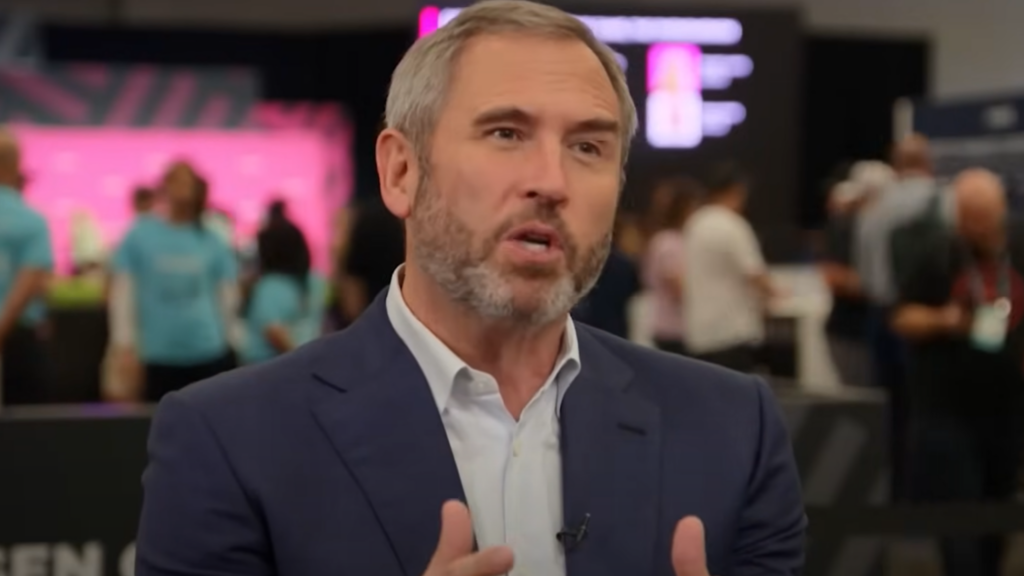Ripple Labs has been hit with a $125 million fine for securities law violations. The decision was handed down on August 7th by U.S. District Judge Analisa Torres, marking a significant moment in the ongoing legal saga between Ripple and the U.S. Securities and Exchange Commission (SEC).
Judge Torres found Ripple in violation of Section 5 of the U.S. Securities Act for 1,278 institutional sales of XRP. In addition to the hefty fine, Ripple has been ordered to comply with federal securities laws going forward, effectively banning any future violations.
Judge Torres emphasized that Ripple must register any future intentions to sell securities, ensuring compliance and transparency. This ruling is a direct response to Ripple’s “demand on liquidity” offerings, which the judge indicated could easily violate federal securities provisions if not properly managed.
The origins of this case trace back to December 2020, when the SEC accused Ripple Labs of raising over $1.3 billion through the sale of XRP without registering it as a security. The SEC’s lawsuit argued that Ripple’s actions constituted an unlawful securities offering.
In a partial ruling in July 2023, Judge Torres sided with Ripple regarding the company’s programmatic sales of XRP to retail customers via crypto exchanges, stating that these transactions did not breach federal securities laws. However, she found that Ripple’s institutional sales were indeed violations.
Following this partial victory for Ripple, the SEC sought substantial penalties, including $1 billion in disgorgement and $900 million in civil penalties. However, the final judgment from Judge Torres was considerably lower, with Ripple facing a $125 million fine—more than 90% less than what the SEC had requested.

Ripple’s CEO, Brad Garlinghouse, hailed the ruling as a major win for the company and the broader cryptocurrency industry. He argued that the significantly reduced penalty was a clear indication of Ripple’s relative innocence in the matter.
Stuart Alderoty, Ripple’s chief legal officer, also weighed in on the decision via social media platform X. He highlighted that the court found no evidence of fraud or intentional misconduct by Ripple and noted that no financial harm had been reported as a result of the XRP sales.
The immediate aftermath of the ruling saw a significant boost in XRP’s market performance, with the cryptocurrency surging 18%. This spike in value reflects a renewed investor confidence in Ripple’s future prospects and the broader acceptance of XRP in the crypto market.
This case has been closely watched as a bellwether for how securities laws will be applied to digital assets in the U.S. The SEC has been increasingly active in regulating the crypto industry, and this ruling could set a precedent for future cases involving other cryptocurrency projects.
Ripple’s ongoing commitment to adhering to federal regulations will be crucial as the company moves forward. The need for clear and consistent regulatory guidelines for the crypto industry remains a pressing issue, and this case highlights the complexities involved in applying traditional securities laws to digital assets.
While Ripple has navigated this significant legal hurdle, the broader implications for the crypto market are still unfolding. The industry continues to push for regulatory clarity, aiming to foster innovation while ensuring investor protection.
As Ripple implements the court’s directives and seeks to comply with future regulatory requirements, the outcome of this case will likely influence the strategic decisions of other crypto firms. The balance between innovation and regulation remains a delicate one, with the potential to shape the future of the digital asset landscape.















